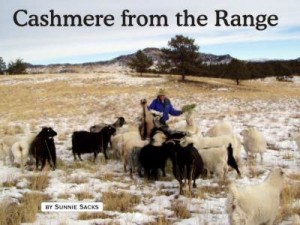Brief by Allen Best
Energy – March 2005 – Colorado Central Magazine
Biodiesel has been a trendy fuel in mountain resorts for the last several years. From Telluride to Jackson Hole to Breckenridge, the diesel fuel used for buses, snow groomers, and other vehicles has included a 20 percent component made from vegetable matter, mostly soybeans.
The vegetable matter burns much more cleanly than conventional diesel, reducing emissions by 20 percent. The idea of being able to recycle waste from the kitchen into fuel for the car was also a fanciful notion captured in a film made in Telluride called “French Fries to Go.”
But biodiesel has had its problems. Diesel jells at cold temperatures more than conventional gasoline, and biodiesel jells even more readily, which is why the 20 percent mixture is used in colder-weather locations.
Also, several snow groomers at Snowmass broke down recently because of an improperly mixed batch of biodiesel. At Breckenridge, buses this fall had to shift back to full petrochemicals because of problems with gelling.
Now, there are some who believe new federal regulations in the United States may have doomed the biodiesel campaign. Beginning in 2007, engineers must reduce sulfur to 15 parts per million, oxides of nitrogen and non-methane hydrocarbons by 50 percent, and particulate matter by 100 percent. The regulations tighten to zero by the year 2010.
John Johnson, who directs the Summit Stage, the public bus system in Colorado’s Summit County, believes it may not be worthwhile to sink much money into the biodiesel program. “I think we need to explore the option of going to hybrid vehicles,” he told the Summit Daily News.
But hybrid engines, which use both electricity and gasoline, could also have problems at higher than 7,000 feet. Jim Benkleman, transit director in Breckenridge, points out that only 1,000 buses in the world operate at higher than 7,000 feet, and the Summit Daily says manufacturers do not warranty them to elevations that high.



